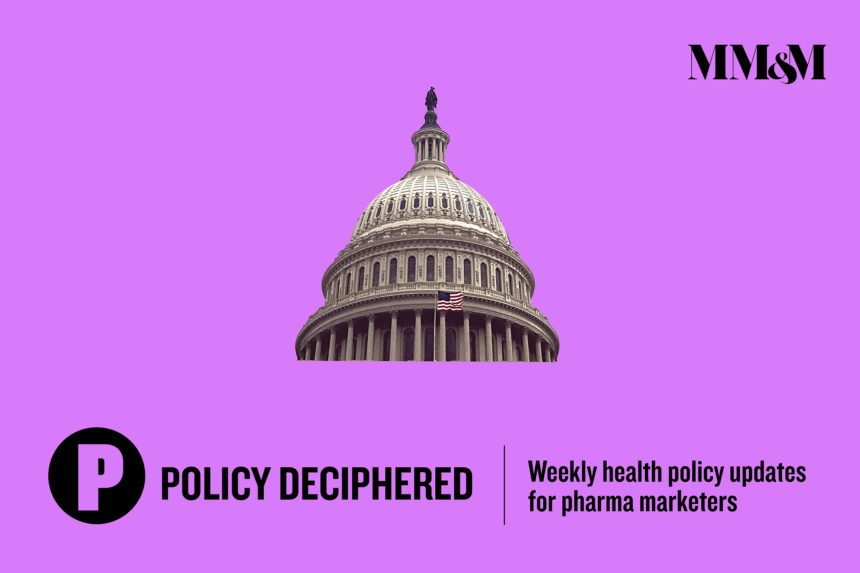The Food and Drug Administration and Federal Trade Commission have drawn a line on anticompetitive practices in the complex biosimilar market.
The agencies have announced their intent to enforce false or misleading claims about biosimilars and their reference products. They also plan to educate consumers and doctors about biosimilars. The FDA has approved 26 biosimilars to date, though many of those have not made it to market due to patent agreements and lawsuits.
The goal, the agencies said in a joint statement, is to create a more competitive market with biosimilars and drive down drug costs. The FDA and FTC have outlined several actions to do this: educating consumers and doctors about biosimilars, detering companies from withholding access to biologic samples, taking action against false or misleading claims about biologics and biosimilars and reviewing the patent agreements that have stalled some biosimilar launches.
To that end, the FDA also released a draft guidance this week, advising the industry how to properly label and promote biosimilars and reference products.
The guidance focuses on how biologic and biosimilar labels and promotions should reference the other product. The agency is particularly intent on ensuring that biologic makers don’t suggest their product is safer, more effective or clinically different than its biosimilar.
Any suggestions that the biosimilar is different than the reference product are likely to be false or misleading and enforced accordingly by the FDA.
By definition, a biosimilar is highly similar to an already-approved biologic. To be approved, the biosimilar needs to prove that it has no clinically meaningful differences from the biologic, or reference product. The biosimilar can reference studies done by the biologic maker to promote the product, according to the guidance.
The FDA also stresses the importance of clearly identifying the biosimilar or reference product in labeling and promotions to ensure a clear understanding of which product certain data applies to. For example, a presentation about the efficacy of a biosimilar may reference data used in the approval of the reference product. That data must be clearly identified as data for the reference product, not the biosimilar.
The guidance also allows companies to include data from studies that prove biosimilarity in its promotional material. This data will not be included in the product’s labeling, the guidance says, but the FDA will allow it in promotional material after companies expressed interest in including it.
The FDA also provides an example of a misleading statement using two fictional products.
“Promotional materials for JUNEXANT [the biologic] state that in a clinical study, patients on JUNEXANT experienced a numerically higher overall response rate than patients on [the biosimilar] NEXSYMEO,” it reads.
That statement suggests the reference product is superior to the biosimilar and fails to properly disclose information about the clinical study.
These guidelines are not so different from the typical promotional guidelines. Marketers already know that promotional material can’t imply one drug is better than another. But the tense market around biosimilars, with pharma companies trying to withhold biologic samples, creating patent thickets and signing deals to put off competition for years after the biosimilar is approved, means the government needed to step in.







